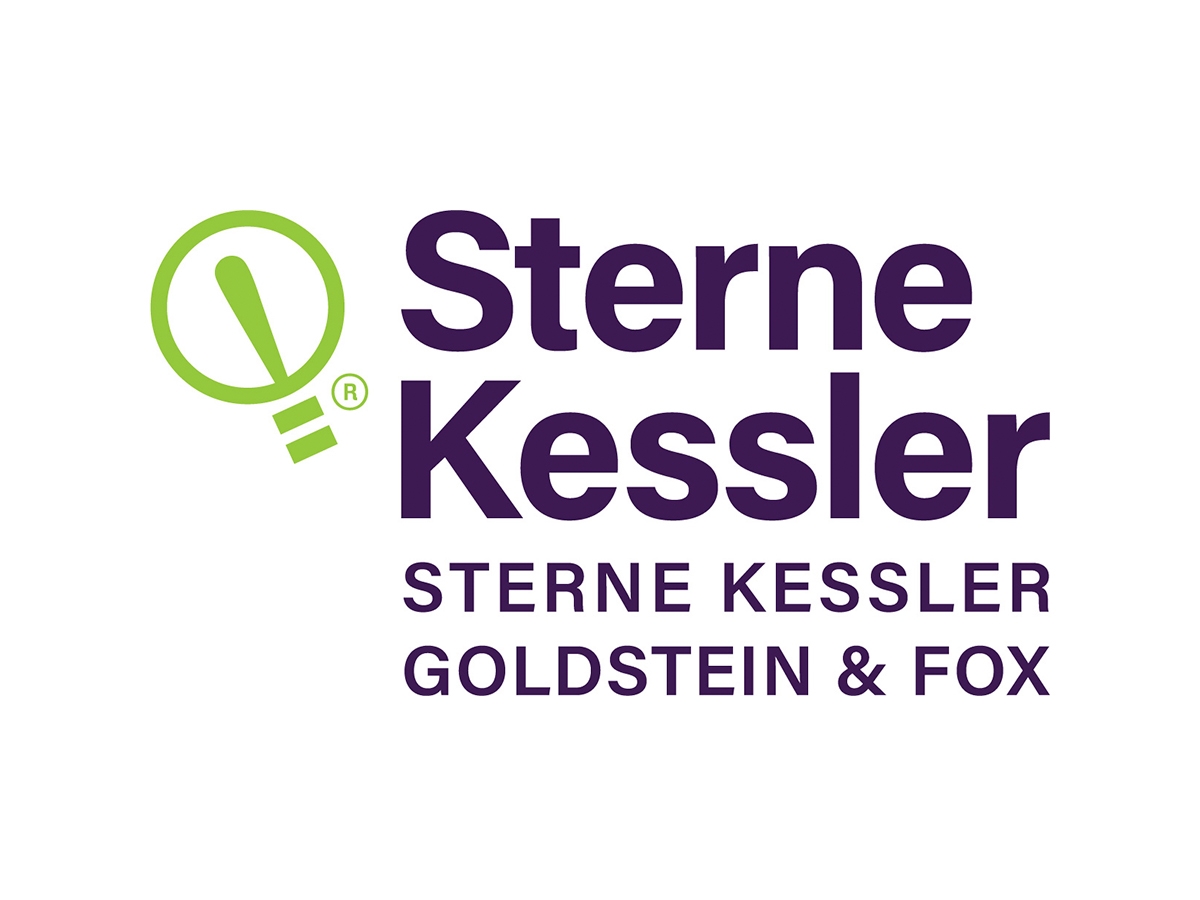Leisure Law Insider (Vol. 2) – Winter 2024 | Akerman LLP
Welcome to the second edition of The Leisure Law Insider! It will be released quarterly, covering the latest news and developments in leisure and hospitality law, regulation, and policy. Expect content on hotels, franchising, labor and employment, licensing, branding, and more, with our insights and analysis on why this news matters to you.
In this issue
Hotel-Condominium Governance Litigation: Could IconBrickell Go National?
![]() KEY TAKE
KEY TAKE
The IconBrickell decision disrupted the Florida hotel-condominium market. Could the same thing happen in other jurisdictions?
In 2020, the Florida Third District Court of Appeal issued the IconBrickell decision that has had a profound effect on the way practitioners and developers think about the legal landscape of mixed-use properties throughout the state of Florida, particularly branded residential condominiums. In IconBrickell Condominium No. Three Association v. New Media Consulting, 310 So.3d 477 (Fla. 3d DCA 2020), the Florida appellate court held that the condominium declaration that governed the property rights of owners at the W Hotel in downtown Miami violated that Florida Condominium Act and needed to be reformed. Specifically, the court held that the designation of certain property components as “shared facilities” that were owned in fee simple by the hotel unit owner was a violation of the Florida Condominium Act, which requires those property rights to be held by all condominium unit owners as “common elements.”
Read More
The Importance of Termination Provisions in Franchise Agreements and License Agreements
KEY TAKE
Franchisees may be subject to injunctions for improper termination of franchise agreements.
Franchise agreements, which are often accompanied by license agreements, grant franchisees the right to use the franchisor’s brand, including the franchisor’s registered trademarks and system manuals needed to operate the brand. Franchisors are generally the primary drafter of their franchise and license agreements, which often tend to favor the franchisors. As a result, franchise and license agreements are usually one-sided and minimally negotiable.
Read More
Will New Legislation Shift the Balance of Power in the Franchisor-Franchisee Relationship?
KEY TAKE
Keep an eye out for potential legislation that could rein in hotel franchisors.
Most hoteliers believe that franchisors have the upper hand in negotiating hotel franchise agreements. Some franchisors attempt a “take-it-or-leave-it” approach to negotiations. Many franchise agreements afford franchisors wide latitude in maintaining their franchise systems and give franchisors flexibility to modify their brand standards and system fees unilaterally.
Read More
Q&A with Greig Taylor of AlixPartners
Sheng Bi is a Senior Vice President at AlixPartners specializing in complex damages and valuations.
Q: For those readers who are not familiar with your work, can you tell us a bit about what you do?
A: Of course. A lot of my work involves acting as a damages expert in high-end Hotel Management Agreement (HMA) termination disputes, especially involving claims for lost profits. In working as an expert, I have testified in numerous arbitrations, both international and domestic. Because many HMA termination disputes end up in arbitration and those decisions are not published, there isn’t a reliable database in terms of being able to look at how tribunals and courts determine these types of damages. This is why my team and I have begun the process of collecting damages awards for the purposes of analyzing trends, and we are planning on publishing those findings later this year.
Q: Could you provide us an overview of the sources and data you reviewed?
A: Absolutely. We reviewed a number of publicly available decisions published by U.S. state and federal courts, various U.S. and international arbitration institutions, and information in public databases, as well as anonymized information from non-public matters on which any of the research team served as an expert.
Q: What key trends or changes have you identified in the evolution of property management agreements that are relevant to understanding disputes in recent times?
A: HMAs were developed in the 1950s when large hotels operators expanded internationally. Based on the financial information reported in annual reports of public hotel operators, we have seen that franchise agreements have become the most prevalent form of contract in place for large brand operators for midscale and economy properties, while HMAs remain far more common amongst flagship luxury properties. Given the prevalence of HMAs remaining for upper upscale and luxury properties, these categories of hotels feature heavily in our analysis.
Q: Are there any recurring themes or patterns in the disputes that you have observed?
A: We have observed some common issues in disputes. The termination of HMAs tends to center around allegations of mismanagement by the manager resulting in poor financial performance, as well as shifts in the hotel owner’s strategy. The change of control of an operating property in connection with a bankruptcy or other financial restructuring is also a common issue encountered in HMA terminations.
Q: Moving into the realm of damages, what trends or variations have you observed in your research?
A: Among the decisions we reviewed, we have observed a wide spectrum of damages awards, ranging from around $2 million to $100 million, including prejudgment interest. Lost profit calculations are the most commonly used approach in HMA disputes to determine damages. When we broke the damages down to a per-key basis, we noted a range of about $300 to $2,900. Interestingly, damages per key for hotels located outside of the United States are generally lower than hotels within the United States.
Q: Can you discuss the typical duration of damages under the lost profits approach in HMA terminations?
A: Certainly. It turns out that extensions and renewal terms are key factors in determining the damages under the lost profits approach because they impact the duration of damages. Our case studies indicate that extensions or renewals were considered by the court or tribunal only if the HMAs could be extended unilaterally at the operator’s option.
Q: Which fee streams are commonly considered under the lost profits approach, and have you noticed any variations in their significance?
A: Typically, HMAs contain two types of management fees: base fees and incentive fees. Operators often charge other fees such as license fees and marketing fees, which were also considered in the damages calculation. The majority of damages awards granted in the cases we examined provided for base fees only. A low perceived probability of achieving specified financial benchmarks is the most common reason that incentive fees are excluded in assessed damages.
Q: Lastly, let’s talk about discount rates. How do they factor into lost profits calculations, and what trends have you identified in their application in HMA disputes?
A: A discount rate is the rate of return used to discount future lost profits back to their present value. Therefore, discount rates are crucial in the determination of the damages. We have observed that discount rates used in damage award calculations included adjustments for country risk, company size premium, and other specific risk factors. Notably, some courts and tribunals applied a higher discount rate to projected incentive fees than base fees. We found that discount rates for base fees seem to be within a relatively narrow range of about 10 to 14 percent.






